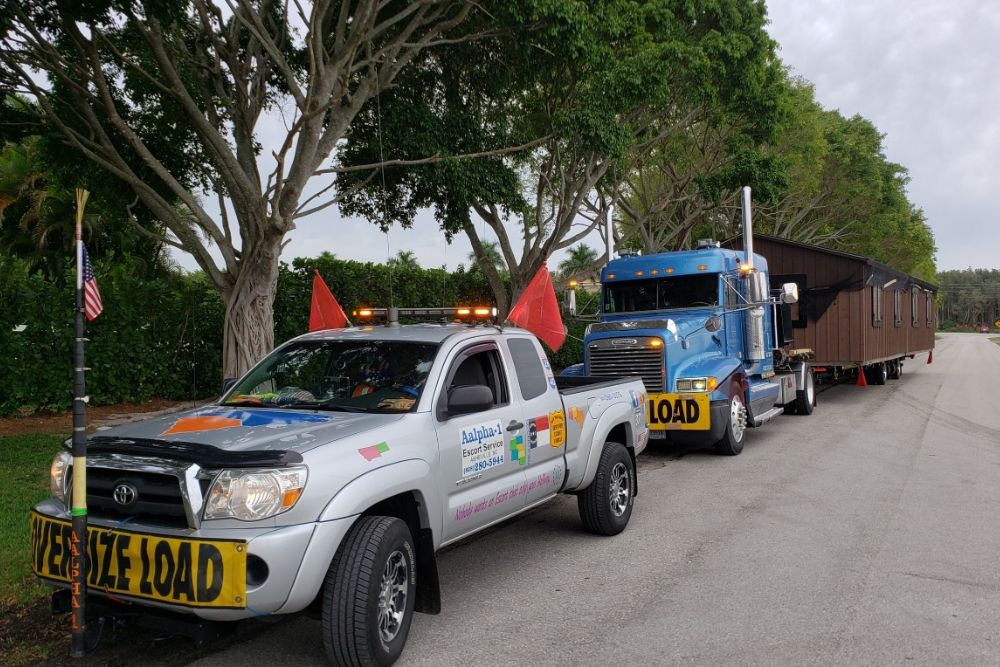In the United States and Canada, pilot cars play a crucial role in ensuring the safe transportation of oversized and overweight loads on highways and roads. These specially designated vehicles, also known as escort vehicles or flag cars, accompany wide, tall, or heavy cargoes to alert other motorists, clear the way, and navigate through challenging routes. Here’s everything you need to know about pilot cars and how they contribute to the logistics industry in North America.
The Role of Pilot Cars
-
Safety First: The primary role of pilot cars is to enhance safety during the transportation of oversized loads. By alerting other drivers of the wide or tall cargo ahead, pilot cars help prevent accidents and minimize disruptions on the road.
-
Route Planning: Pilot cars assist in planning the optimal route for transporting oversized loads. They identify low bridges, narrow roads, sharp turns, or any other obstacles that the main cargo vehicle may encounter along the way.
-
Traffic Control: Pilot cars manage traffic flow around the oversized load, ensuring that other vehicles maintain a safe distance and do not attempt risky maneuvers while sharing the road.
-
Communication: Pilot car drivers communicate with the truck driver transporting the oversized load through radios or other means to provide real- time updates on road conditions, traffic, and any potential hazards.
Regulations and Requirements
-
Licensing: In both the United States and Canada, pilot car drivers must possess a valid driver’s license and a certification specific to escorting oversized loads. Some states and provinces may require additional permits or training.
-
Vehicle Equipment: Pilot cars are typically equipped with warning signs, flashing lights, flags, and other safety devices to make them visible to other motorists and ensure the safe passage of the oversized load.
-
Insurance: It is essential for pilot car companies to carry adequate insurance coverage to protect against liabilities arising from accidents or damages during escort duties.
Hiring a Pilot Car Service
-
Experience: When hiring a pilot car service, look for a company with experience in escorting oversized loads and a solid reputation for professionalism and reliability.
-
Cost: The cost of hiring a pilot car service varies depending on factors such as the distance of the transport, the size of the cargo, and the specific requirements of the route.
-
Availability: Ensure that the pilot car service you choose has the availability to accompany your load according to your timeline and scheduling needs.
Final Thoughts
Pilot cars play a vital role in the transportation of oversized and overweight loads in the United States and Canada. By enhancing safety, assisting in route planning, managing traffic, and facilitating communication, pilot cars contribute to the smooth and efficient movement of large cargoes on the road. Understanding the regulations and requirements for pilot cars, as well as choosing a reputable and experienced service provider, are essential steps in ensuring a successful oversized load transport operation.

